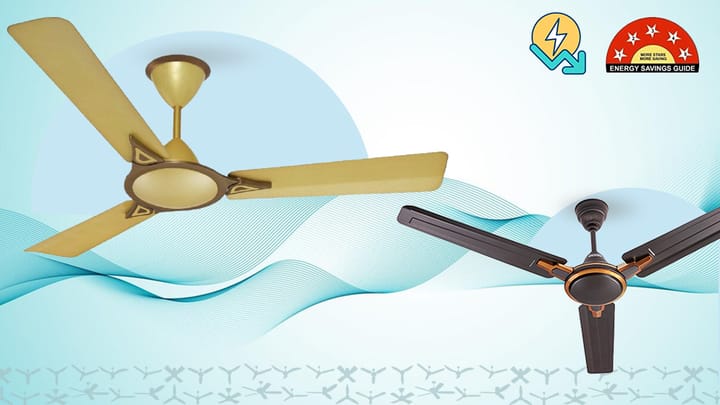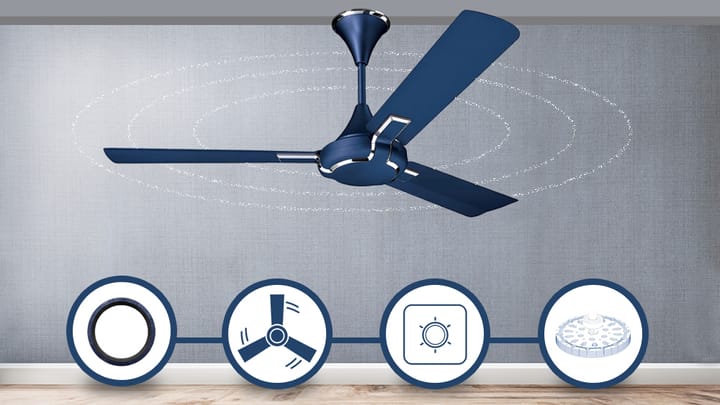10 Years of Operations : Founder Interviews
Greentree celebrated turning 10 a few months back. 2019 will thus be its 11th year of operations. We decided to interview the founders Anurag Bajpai and Dhruv Jain
Q: We celebrated GreenTree's 10 years of operations in Janurary 2019. What thoughts and feelings come to mind?
Honestly it doesn’t feel that long. Intellectually we understand that it has been 10 years but emotionally there has never been a dull phase, so we still feel quite excited to come to office everyday and work on our business.
We feel grateful for all the opportunities and challenges we went through. We started GreenTree with no prior experience in running a business. In fact we did not even have any experience of working at the strategy level in any capacity at all. So every challenge and setback was a learning opportunity and we try to take things in that spirit even today.
We're especially looking forward to the next few years as we are planning to strategically become even more efficient while diversifying and scaling up our operations. This should be an exciting time for the whole team at GreenTree and we also look forward to having some really great folks join our team in this phase.
Q: What made you begin GreenTree? It was such a niche business so what were your initial thoughts about how GreenTree would grow?
Anurag : I always knew I’d end up running my own business sooner or later, even at college. However at that time I wasn’t sure which area I wanted to work in long term. As I’m sure you know, I’m an architect by training, yet I also knew that establishing a name for yourself as an architect would be a long and difficult challenge. Coincidentally I ended up working with ECO3 in the energy efficiency policy area. That combined with my understanding of the buildings and architecture side of things allowed me to identify the niche opportunity available in the overlap of the two fields.
At the time there were barely a handful of companies working in the buildings and energy efficiency niche. We began GreenTree with a plan to initially build softwares and tools serving this niche. We even succeeded in building and launching EcoBench and EcoNirman. However we quickly realised that there wasn’t much awareness about the field in India at mid-management levels. So there wasn’t a great demand for tools, but there had begun to be demand for people who understood what designing an energy efficient building involved. So we pivoted a bit and moved to providing these solutions instead.
We had a hunch that since the market was so nascent, there was bound to be good scope for growth. However we also understood that we had to be in it for the long haul and it wasn’t going to be a ‘get rich quick’ or ‘quick growth’ niche. Those hunches have largely proven to be correct and we are now looking at how to diversify into other related markets.
Q : What are some of the challenges GreenTree faced? Any personal war stories?
The initial few years were really tough for us as business owners. At the time there was hardly any support ecosystem available for newbie entrepreneurs. A fledgling business doesn’t just need money, it requires the founders to learn and know everything from identifying opportunities, to client relationships, to sales, hiring the right people, legal and financial aspects etc. We had no trusted network in place at the time and had to figure out everything with trial and error. Today I’d advise my younger self (or anyone wanting to start a business without a lot of relevant experience) to focus on learning all the various things that go into running a business quite apart from the core competency. I don’t believe that one person or the founder team needs to be good at everything, but they do need to have some idea about most things. And they need to have a trusted network of mentors and experts they can lean on for specific issues. This is invaluable.
Additionally our specific industry has a very long project lifecycle. So a project can even take upto 10 years for completion. So the cash flow situation becomes especially sensitive and needs constant monitoring.
Q : You mention that green energy is at the core of your business. What is your take on the future of this, especially in India?
The future is certainly bright. The conversations around climate change at the world level have underlined the importance of switching the world economy towards greener and environmentally responsible alternatives. Yet, India is still a developing nation. There are huge areas, like building, manufacturing, infrastructure, science & technology, agriculture etc that need a great amount of work for us to be able to match the standards set by many of the first world countries. This means we are a country that is very hungry for energy. This not only makes developing green, renewable sources of energy important, it also makes increasing the energy utilisation efficiency something we can not afford to ignore.
The government attempts to balance the needs to develop the country while also encouraging innovations and technologies that help with energy production and a better utilisation of produced energy. This is where our work fits in. Helping to develop energy efficient buildings is not just something in demand, it is very meaningful work.
Q : What are the biggest strengths of your co-founder?
Anurag : Common entrepreneurial wisdom says that picking a co-founder is the most important decision in your business. I can certainly attest to the impact a co-founder has. Dhruv and I used to be colleagues at Siemens a few years before we started GreenTree. There was a certain synergy and comradery that we noticed at the time as well. At the time I was thinking of starting GreenTree, Dhruv had joined IIMA. We decided we’d make a good team since our skill sets were largely complementary. Today, Dhruv focuses on the business development, finance and legal aspects of the business while I focus on the technical and operational areas. After all these years there is a high level of trust and we know to take each other’s strengths and weak areas into account.
Dhruv : I would agree with Anurag. We were good friends, we had largely complementary skill sets & most importantly we had faith in each other’s capabilities. For me, those were good enough reasons for us to start up together. I think the biggest strength that my co-founder brings is his never-say-die attitude. This is something I have have observed in him always and try to inculcate in myself as well. 10 years is a long time and the organization has been through lots of ups & downs in these 10 years. Historical data says that 70% of the startups fail within 5 years of starting up. We have had our own share of troubles all these years but we were fortunate to have survived those testing times and a lot of credit goes to the perseverance and self belief that Anurag brings into the whole team.
Q : What is you favourite part of the job? What excites you the most?
Anurag : Let me answer this question somewhat indirectly by talking about the phases of a project. Every project has a starting phase, an implementation phase, and a finishing phase. I’ve realised that this corresponds well to a person’s areas of strength. A few people are great at taking the barest outline of an idea and conceptualising and beginning a viable project from it. Others are great at taking a sufficiently started project and filling in the details and the processes and doing the actual implementation work involved. And some people are great at finishing the project, which involves tying up all loose ends, validation and smooth handoff etc.
With this background, I’d say that I find the starting of all projects to be hugely exciting, yet I find a great satisfaction in finishing a project successfully.
Q : What inspired you to have the work ethic that you do? Who is your business role model?
Anurag : I find the way famous people create their legacies to be fascinating and inspiring. I believe that every entrepreneurial journey has something to teach us if we stay in the learner’s mindset. Yet the people I find truly inspiring are not just concerned about their business, but are also exceptional human beings who make a huge positive impact to society. The businesses they create also stand for something better than a simple commitment to good revenues.
On a personal note, my father has probably been the biggest influence on me as far as my philosophy towards work and business goes. He isn’t much for talking but his values come across very well in his work life. If I had to sum up his business philosophy, it’d be
- Develop strong relationships. Help people whenever you can, even if it’s not especially convenient. Every business runs on the strength of relationships.
- Be careful with money. It’s not something to be squandered away.
- Work hard. Be genuine. Run an ethical, honest business.
- Institute checks, balances and oversight on all processes.
- Choose sustainable, stable growth.
Q : Share some goals you will be focusing on for the short, medium and long term at GreenTree.
We have identified a few strategic objectives we want to concentrate on for the next few years. The most important of these are
- Building up our capacity so we can tackle our projects with even greater confidence, expertise and efficiency.
- Identifying and following up opportunities to scale up operations
- Diversifying business offerings and areas of operations. The aim to build multiple sustainable business streams while simultaneously reducing the market risk by each stream due to factors outside our control.
Q : Message to the team.
We are always very grateful to have the support of a very talented and driven team. Employees are the biggest intangible strength of any business. While there is still a long way to go, we’d like to take this opportunity to acknowledge their efforts and reiterate our commitment to nurture and reward the best qualities in each of our team members. We have full confidence that our team will be able to step up to any fresh challenges we face and help us make our vision for GreenTree a reality.



